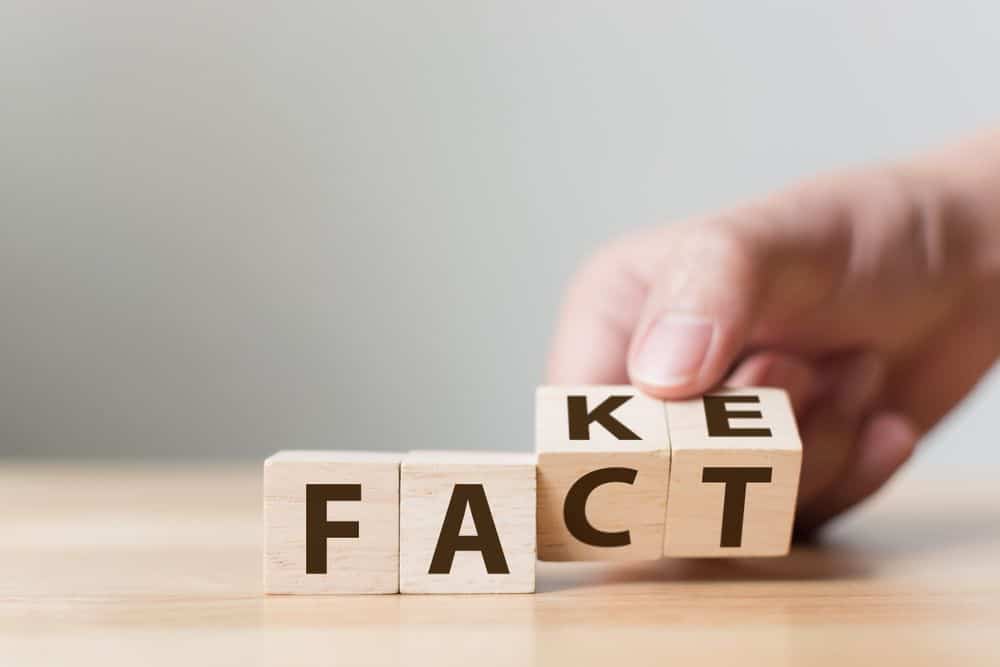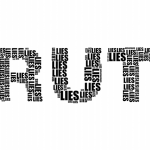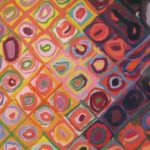We’re now on part 5, which will be the series finale to our popular misconception series. I hope you had fun and learned a lot while reading them. And if you haven’t read the other parts yet, you can visit parts 1, 2, 3, and 4 on KidzNet.
Read on to discover more persistent common myths and misconceptions . Let’s debunk them one by one!
DISCLAIMER: THIS WEBSITE DOES NOT PROVIDE MEDICAL ADVICE
We will be discussing things related to your health. It is for informational purposes only. No material on this site is intended to be a substitute for professional medical advice, diagnosis or treatment. Always seek the advice of your physician or other qualified health care provider with any questions you may have regarding a medical condition or treatment and before undertaking a new health care regimen, and never disregard professional medical advice or delay in seeking it because of something you have read on this website.
Tilt Your Head Back to Treat a Nosebleed
If you’ve ever experienced a nosebleed before, you probably have heard from other people that you should tilt your head back to stop a nosebleed. Worse, you might even be doing this practice to this day at home. But did you know that tilting your head can actually do more harm than good to you?
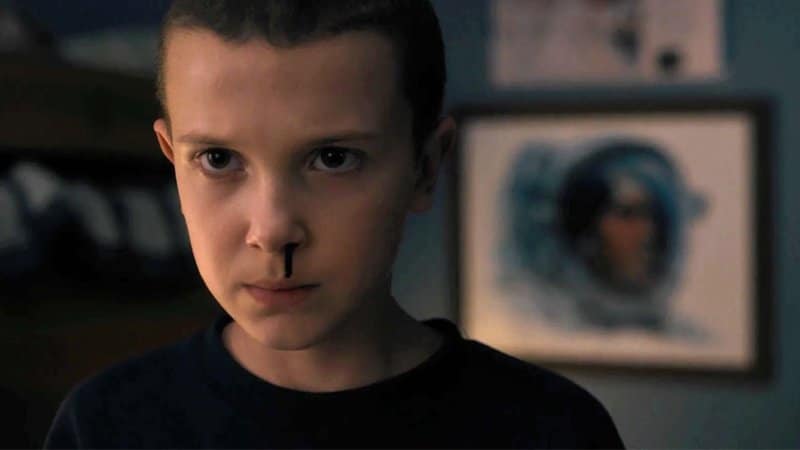
In fact, tilting your head causes the blood to run down the back of your throat, which you may end up swallowing. That’s a rather unpleasant experience, right?
Swallowed blood from tilting your head back can irritate your stomach, which can result in vomiting, nausea, and diarrhea that could worsen the bleeding.
What you can do to stop a nosebleed instead are as follows:
- Sit up straight, or in an upright body position. Lean forward slightly and avoid bending over.
- Pinch your nostrils and keep pressure for at least 10 minutes.
- Remember to use a tissue or cloth to catch the blood.
- Check now and then if the bleeding has stopped.
- You can also use a cold pack or compress and apply it to the bridge of your nose
According to the Mayo Clinic most nosebleeds are not serious. However, you should seek emergency treating by calling 911, or have someone drive you for care if it is from an injury or accident, involves a larger than expected amount of blood, interferes with breathing, or lasts longer than 30 minutes. In addition, if a child is younger than 2, they should get immediate emergency care.
You should see a doctor if you get frequent nosebleeds because it could be something more serious. They can also give you advice on how to reduce them. In some cases a doctor may need to use heat in a process called cauterization to seal up a leaking blood vessel causing the problem.
Dogs Sweat by Salivating
Contrary to popular belief, dogs do not sweat by salivating. Instead, they sweat through their paws.
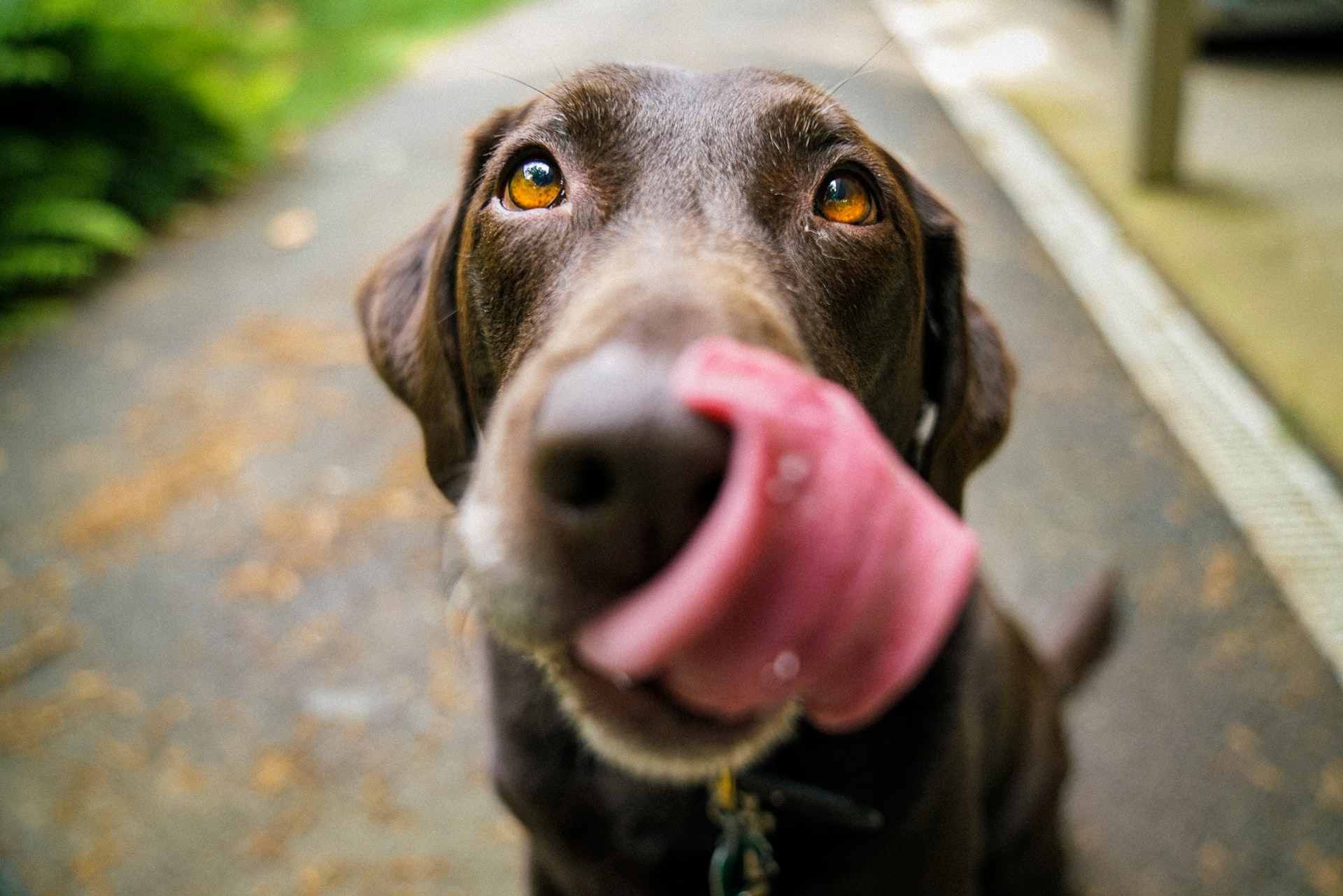
Dogs have merocrine glands, which are a type of sweat gland found in their paw pads. These sweat glands secrete the water or sweat to the paw pad’s skin surface where the heat evaporates and is removed. This is why you might notice paw prints on the ground when it’s hot or sunny outside.
Also, dogs have a unique cooling system to keep their body temperature in check when they get hot, and that is through panting. When a dog pants, water takes up their body heat and then evaporates it through the dog’s tongue, mouth, nasal passages, and lungs. As they exhale while panting, the process lowers their body temperature.
Pee on a Jellyfish Sting
You’ve probably heard of this advice, that peeing on a jellyfish sting will help take away the pain. You might have even seen this in movies or television shows before and wondered whether or not it really works.
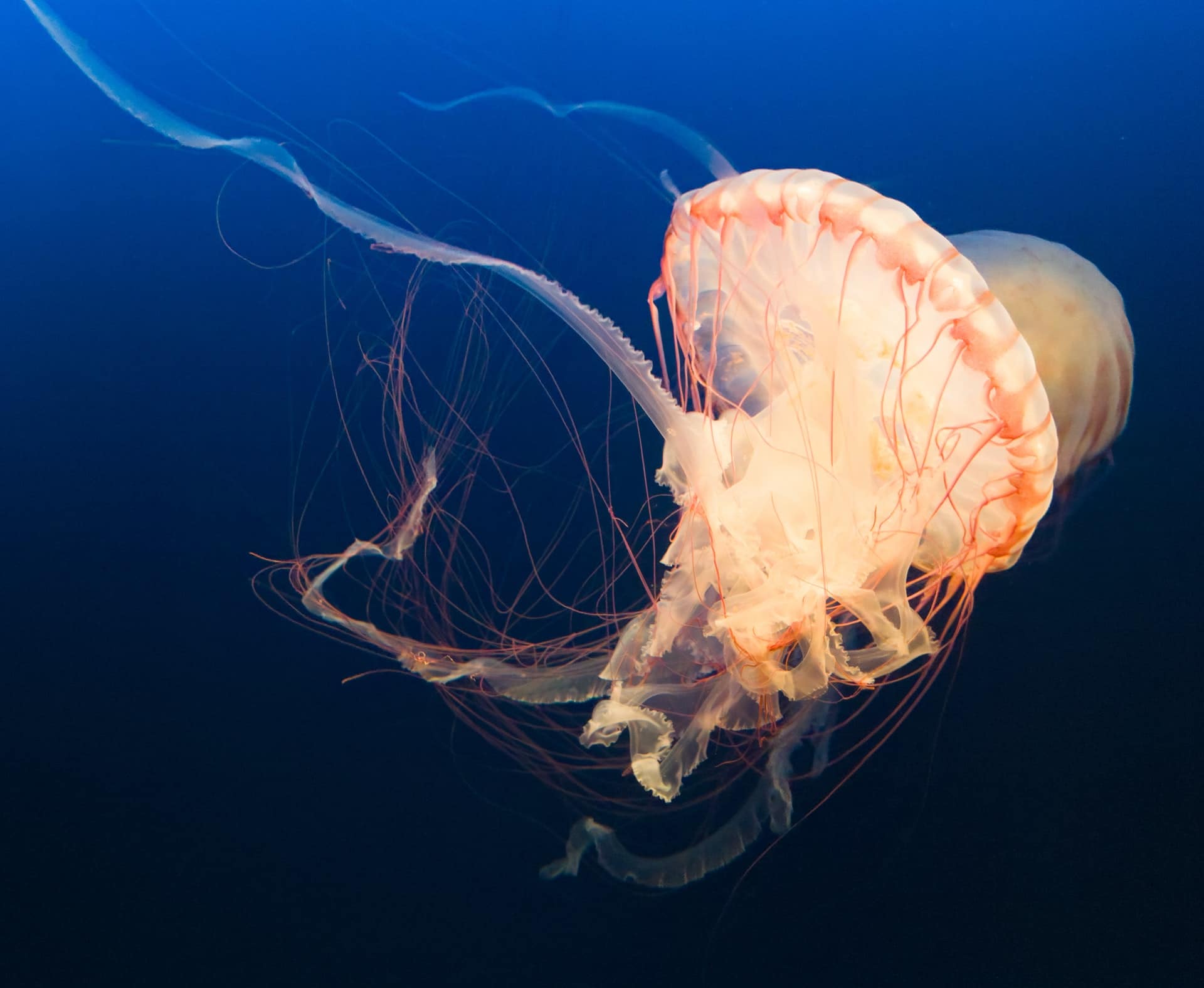
Despite what you may have seen or heard, peeing on a jellyfish sting doesn’t really stop the pain and burning, or prickling sensation.
In fact, urine can worsen the stinging because it can aggravate the stinging cells left behind by the jellyfish tentacles. These stinging cells are called nematocysts which contain venom.
A person’s urine contains sodium which can trigger the nematocysts to release more venom, worsening the symptoms.
So, what is the best way to treat a jellyfish sting instead?
Instead of urine, you can use seawater to rinse off and help alleviate the pain. Rinsing vinegar on the injured part will also help prevent the nematocysts from releasing more venom.
Note: Do not use bottled water, freshwater, or water from a faucet because it can also trigger the nematocysts and worsen the sting.
After rinsing, you can remove the tentacles using tweezers. Be careful not to rub the affected area because it can also cause the nematocysts to fire and release more venom into your skin.
Someone should call an ambulance if a person who has been stung experiences:
- trouble breathing or swallowing
- has a swollen tongue or lips, or a change in voice
- gets bad pain, or feels generally unwell
- feels nauseated, or is vomiting
- is dizzy or has a headache
- has muscle spasms
- has stings over a large part of the body
- was stung in the eye or mouth
- may have been stung by a very dangerous type of jellyfish
You should see a doctor after a jellyfish sting. They can give you special creams and pain relievers.
Catching a Cold from Cold Air
One of the most common myths that needs to get busted is that you can catch a cold just from cold air or chilly weather.
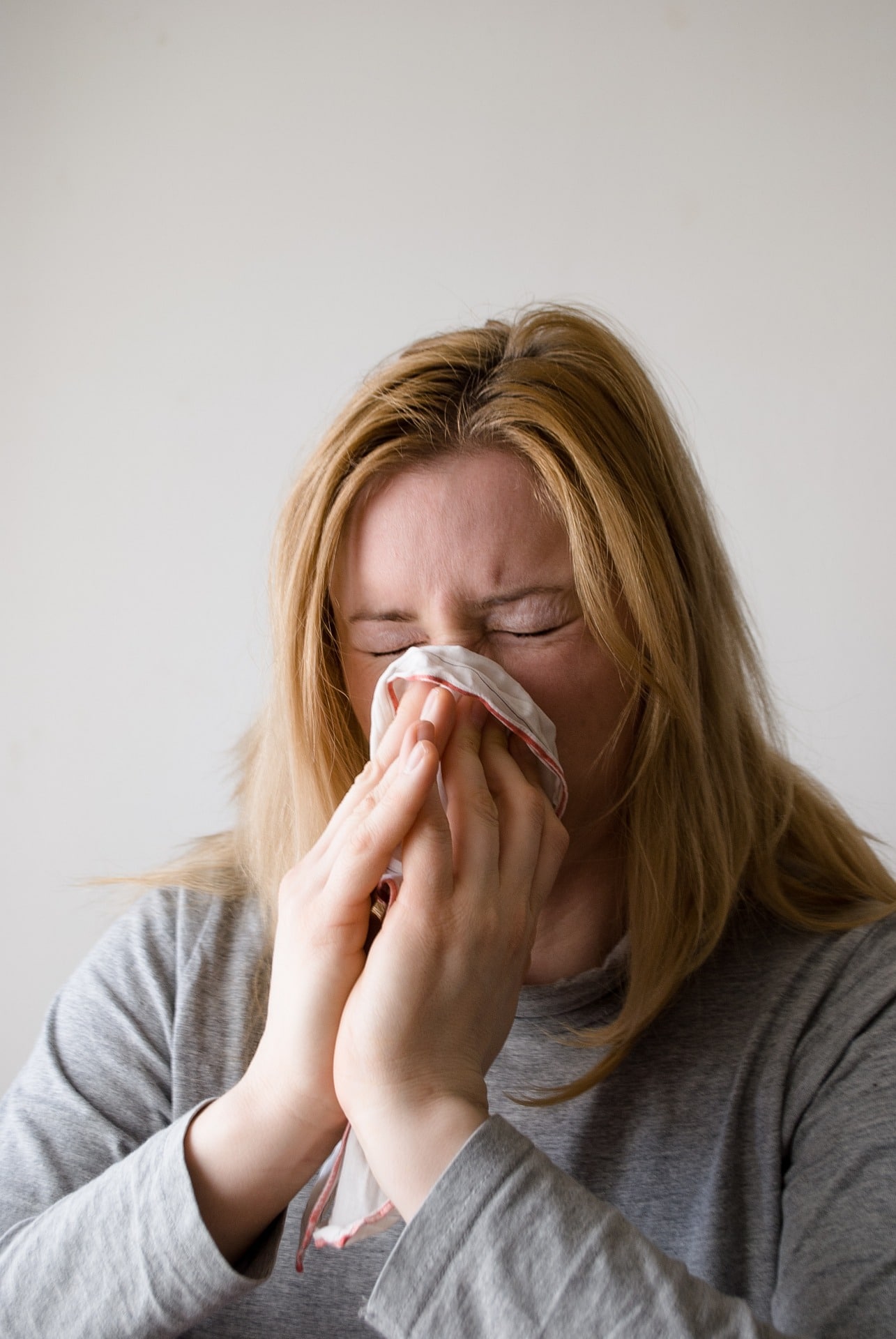
You will not get sick or catch a cold only from chilly weather because a cold is caused by viruses. The only way to catch it is through direct physical contact with a person who has a cold, or if you touched a surface contaminated with viruses or germs, or by inhaling virus droplets in the air released by a cough or sneeze of an infected person.
While the cold weather is not the direct reason for making people catch a cold, it can be partially responsible for a faster spread of the virus.
Viruses that cause a cold replicate faster and spread more easily in colder temperatures. Warmer weather conditions are more likely to destroy the protective coating of a virus that keeps it alive. In addition, viruses like dryer air that often comes with cold weather. The cold weather can also impact a person’s immune system, making that person susceptible to viruses, thus catching a cold and getting sick.
Finally, people tend to stay indoors more when the weather cold, so there is more of a chance to transmit it to others. All these factors contribute to the myth that you can sick from just the cold weather.
All Bacterias or Microbes are Bad
Bacteria, or microbes, are probably one of the most misunderstood organisms because they are thought, by many people, to be only bad or harmful to humans.
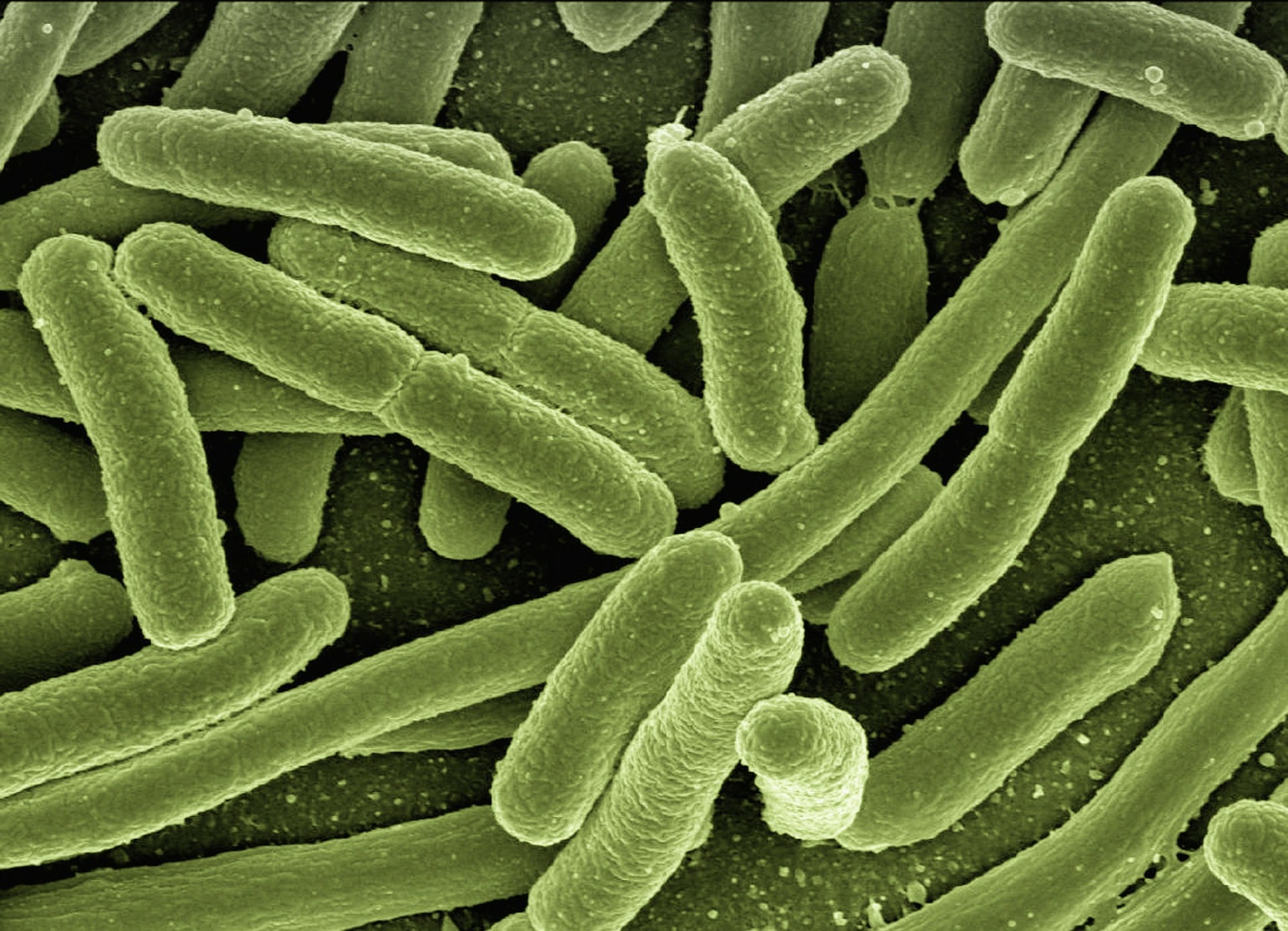
But despite common misconceptions, most microbes and bacteria are more helpful than dangerous to humans.
In fact, there are “good” bacteria that we need to stay healthy. Did you know that we have at least 100 trillion of them residing in our digestive system?
These good bacteria are also called probiotics. They are important to us because they help digest food and absorb nutrients our bodies need for survival. They also produce various vitamins, including vitamins B6, B12, and folic acid in our intestinal tract.
Probiotics can typically be found in our foods and include yogurt, cheese, buttermilk, sourdough bread, chocolate, kimchi, and many more.
Some examples of probiotics are:
- Lactobacillus bacteria: These bacteria are commonly found in fermented soy products (miso and tempeh) and yogurt. It was also used to treat diarrhea in the form of a pill.
- Bifidobacteria: These bacteria are the ones living inside our gut.
- Streptococcus thermophilus: These bacteria help our body digest foods better, including dairy products.
